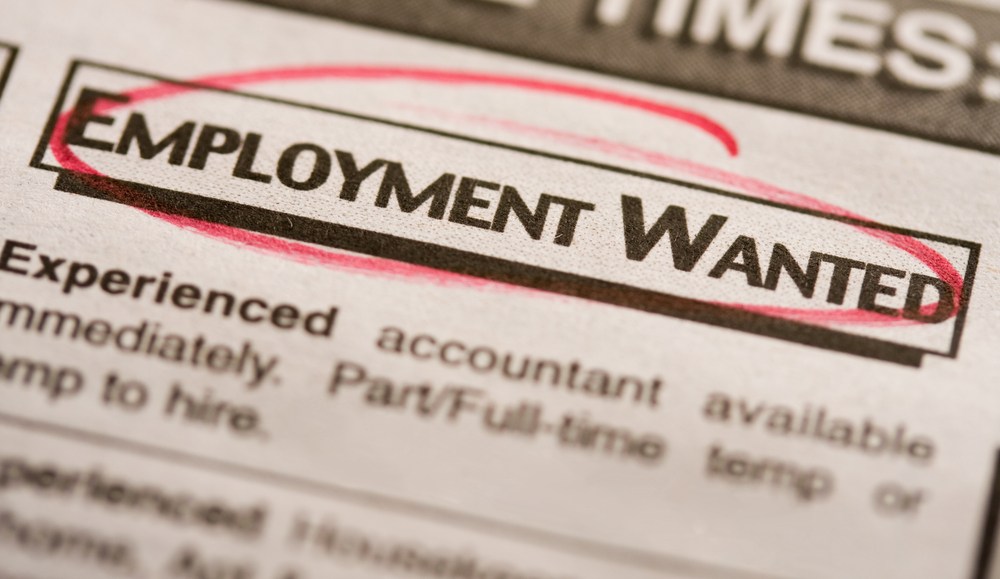
![]() This article is part of the Digiday Partner Program and is sponsored by NextMark, a provider of media planning, operations and sales solutions.
This article is part of the Digiday Partner Program and is sponsored by NextMark, a provider of media planning, operations and sales solutions.
More than 78 percent of participants in Digiday’s recent State of the Industry Survey on Job Satisfaction rank their happiness at work as greater than “satisfied,” and well more than half really enjoy their jobs. So why do two-thirds of us plan to leave our jobs within the next two years?
“We’re a pretty happy group and we’re getting a little happier,” said Joe Pych, founder and president at NextMark. “We really love the dynamic nature of our business. … You’re not going to get stuck in a job that doesn’t change every day.”
More than 600 participants from brands, agencies and publishers responded to a NextMark-sponsored survey on job satisfaction in February and revealed that while digital marketers are generally satisfied with their jobs, a mix of low pay, long hours and little training is prompting them to frequently look for new gigs.
About 20 percent of digital marketers are looking for a new job, and more than 66 percent will be doing so in the near future, according to the survey.
Low pay and long hours, at the top of workers’ grudge lists in many industries, play a factor in digital media, too. While 50 percent of digital marketers feel they are fairly compensated, almost 40 percent feel they are underpaid. And while agency workers said they’d like to shorten their work hours, the study revealed that long hours alone didn’t sour workers.
“In fact, it seams like happiness actually increases with the longer hours we work,” Pych said.
Happiness seems to be a function of satisfaction in the work itself. Respondents don’t enjoy so-called “grunt” work, and younger people and those in lower ranks are less happy. More than 60 percent of agency workers are unhappy with the tools they have to do their work — more than half spend one to four hours making media plans every day; one-third spends more than four hours a day.
What can we do about making digital media workers happier and less likely to leave? “Training makes us happy,” Pych said. “Just being prepared for your job every morning” is a plus. Giving workers an indication of their career path and opportunities for advancement also contributes to workers’ happiness.
Tuck School of Business graduate students took a look at some of the correlations in our study and suggested that training would be most effective if targeted toward middle managers – people who may have had their jobs thrust upon them by attrition but who may not be prepared to lead – and those in the lower ranks where training has the most immediate impact on overall job performance.
Agencies should pay particular attention to this advice, because, according to Pych, advertisers want from their agencies “people who lead and have great experience.”
View the study’s slides and download the full white paper here to learn more about how happy digital marketing executives are on the job. Then share your comments directly with Joe Pych via Twitter @jpych, or use Nextmark’s official “Digital Media Happiness Project,” tag #dmhp.
More in Media

In Graphic Detail: The scale of the challenge facing publishers, politicians eager to damage Google’s adland dominance
Last year was a blowout ad revenue year for Google, despite challenges from several quarters.

Why Walmart is basically a tech company now
The retail giant joined the Nasdaq exchange, also home to technology companies like Amazon, in December.

The Athletic invests in live blogs, video to insulate sports coverage from AI scraping
As the Super Bowl and Winter Olympics collide, The Athletic is leaning into live blogs and video to keeps fans locked in, and AI bots at bay.





